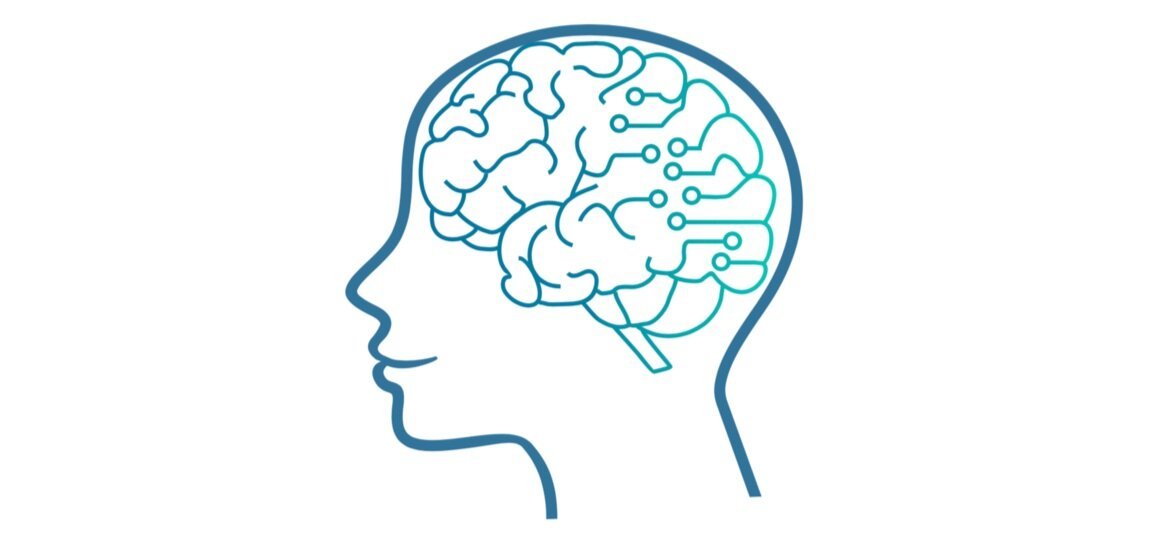The Happy Tech Lab
The Happy Tech Lab at Georgetown University examines how our digital lives shape our health and happiness. Drawing on real-time data, large surveys, and cutting-edge analytics, our team tackles one big question: What are the hidden costs of our smart and useful digital devices? From pioneering machine-learning methods to crafting interventions that curb mindless scrolling, the lab’s work shines a bright light on the real-world impact of our tech habits—pointing the way to a healthier, happier digital future. And behind it all are a dynamic group of researchers and alumni who keep pushing the boundaries of what “well-being” can mean in the modern age.
Latest Newsletter



